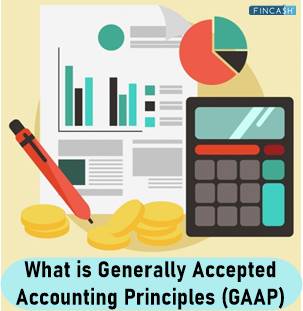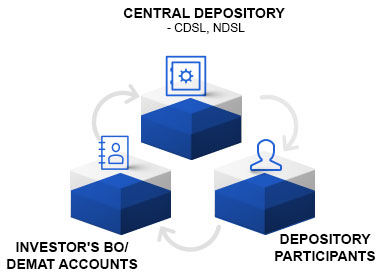
Table of Contents
Generally Accepted Accounting Principles (GAAP)
What is GAAP (Generally Accepted Accounting Principles)?
Basically, Generally Accepted Accounting Principles definition applies to the financial statements, company accounts, and other common business accounts. These rules are introduced by Financial Accounting Standard Board.

All the public organizations based in the United States are supposed to comply with the accounting principles and standards introduced by FASB. The accountants who manage the company accounts need to consider the important accounting principles when creating financial statements for the company. In simple terms, GAAP refers to the set of rules and regulations issued by the regulators. These rules suggest the ways a company is supposed to record their financial and accounting information. The main objective of GAAP is to bring consistency and clarity in accounting.
Just like GAAP, many countries in the European Union have to comply with the accounting standards set by the GAAP equivalent “International Financial Reporting Standards or IFRS”. More than 120 countries use IFRS accounting principles for drafting the financial statements and company accounts.
An Overview of GAAP
As mentioned above, GAAP aims to bring clarity in the accounting and financial Industry by issuing a set of rules that need to be followed when drafting the financial statements. Some of the common areas it covers are materiality, Balance Sheet & profit and loss accounts, revenue statement, and more. The main reason why companies comply with the GAAP regulations is to create complete, clear, and consistent financial reports.
Not only does it help prepare accurate financial statements, but Generally Accepted Accounting Principles make it easier for third-parties and investors to get useful information from the company’s balance sheet. Any investor or a long-term associate will want to check the financial records of a company before signing any deal. That’s exactly what GAAP helps them achieve. It allows investors to compare the financial records of different companies.
Talk to our investment specialist
Why do Companies need to Comply with GAAP?
As accurate as GAAP sounds, it only indicates a set of accounting principles that every public company is supposed to follow when preparing their financial statements. The main purpose of these standards is to improve consistency and transparency in the company’s financial records. However, these principles cannot guarantee the accuracy of the financial reports. This means just because the company complies with Generally Accepted Accounting Principles doesn’t mean they do not omit certain details or present wrong information to mislead business associates and investors.
It is important to note that there is still scope for the corrupt accountants to alter figures. So, if you plan on doing business with a company that complies with GAAP, make sure that you double-check their financial records and scan their accounts and financial statements. GAAP alone does not guarantee precise and correct figures.
Though private companies do not need to follow GAAP, they do it because GAAP-compliant financial records can help them obtain Business loans easily. Most credit unions and banks in the US support companies that follow GAAP.
All efforts have been made to ensure the information provided here is accurate. However, no guarantees are made regarding correctness of data. Please verify with scheme information document before making any investment.












